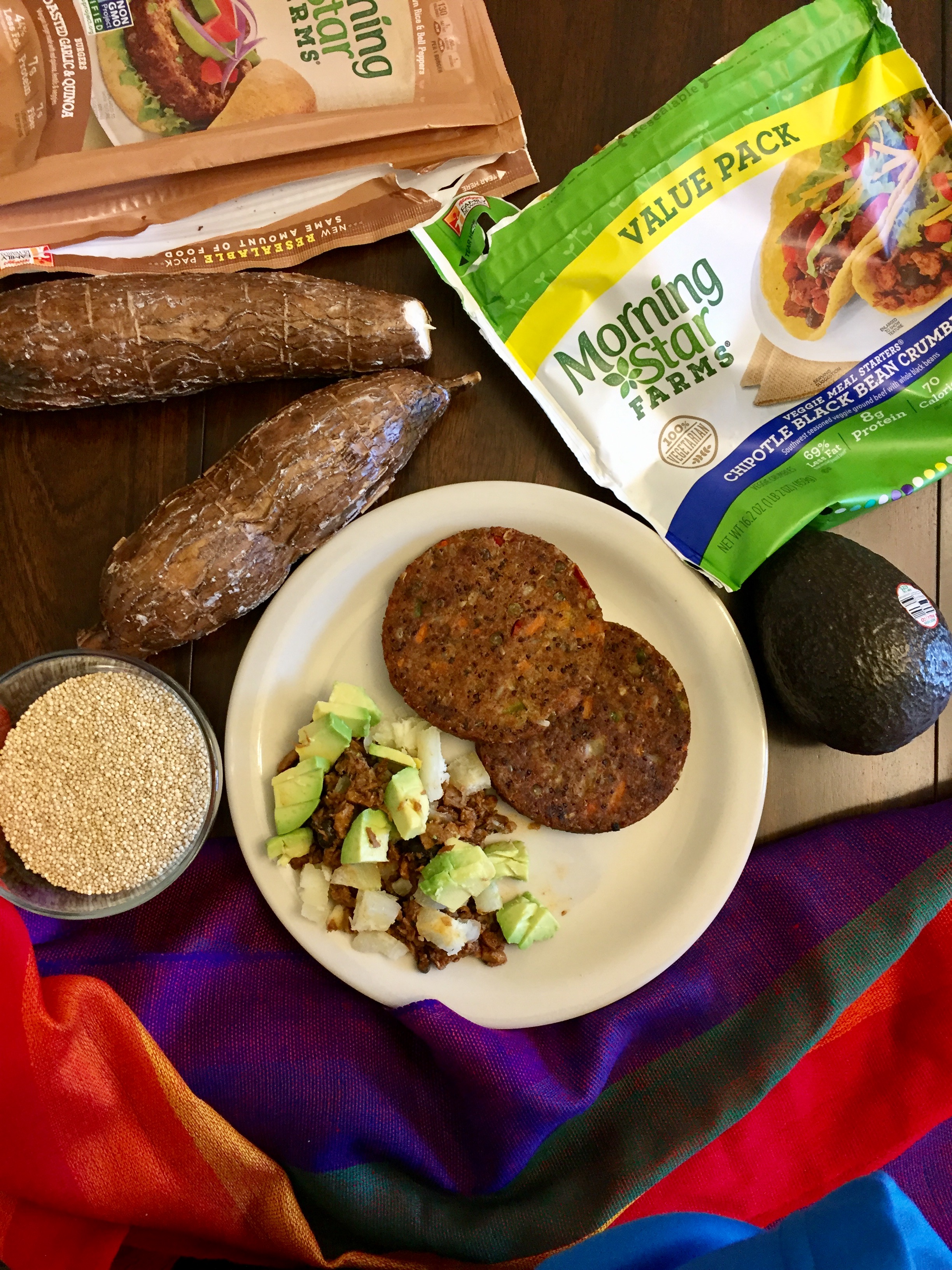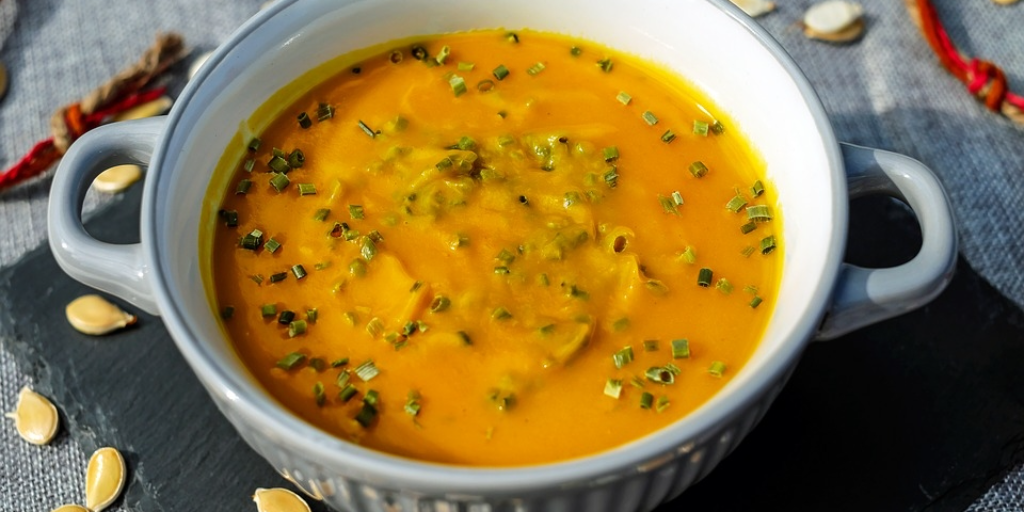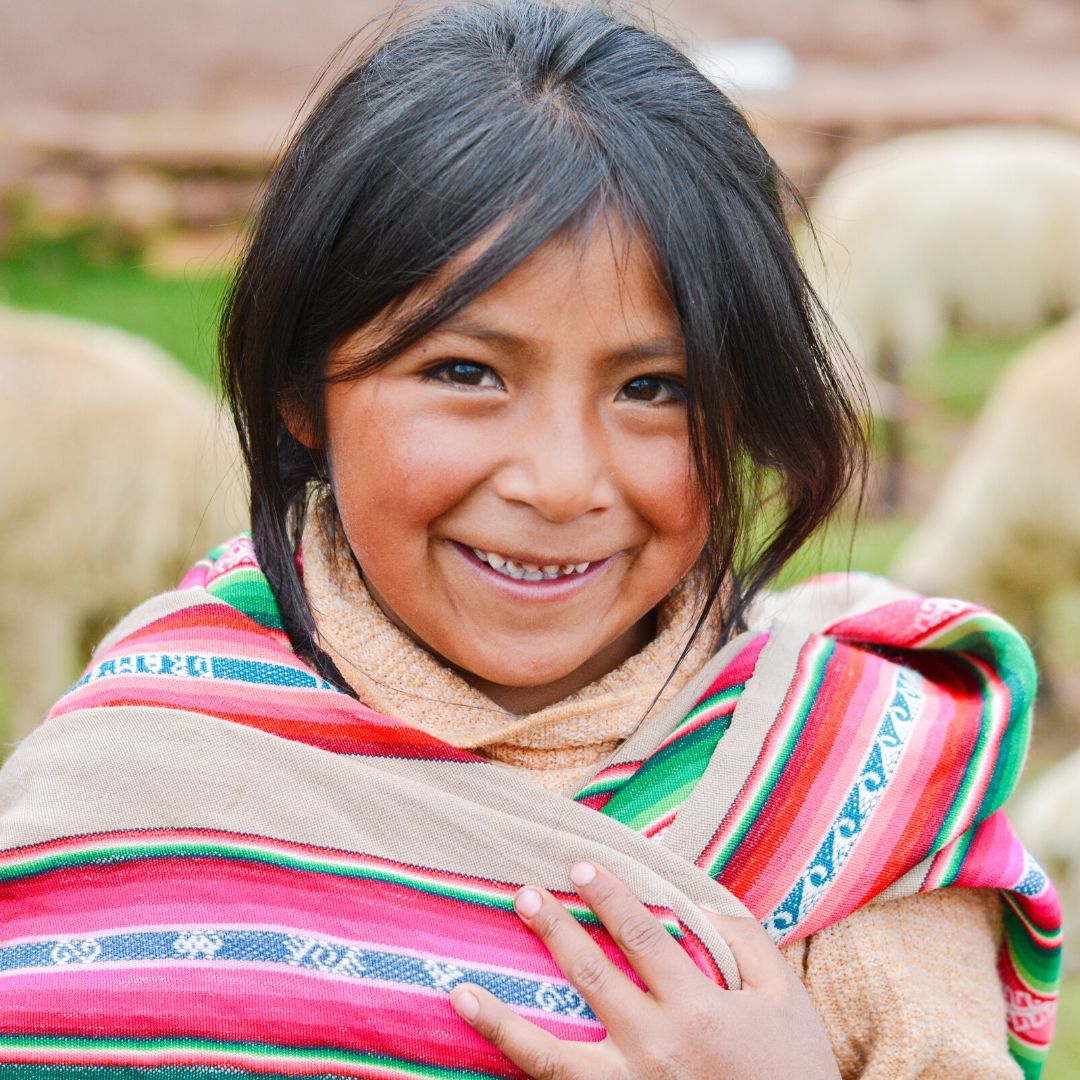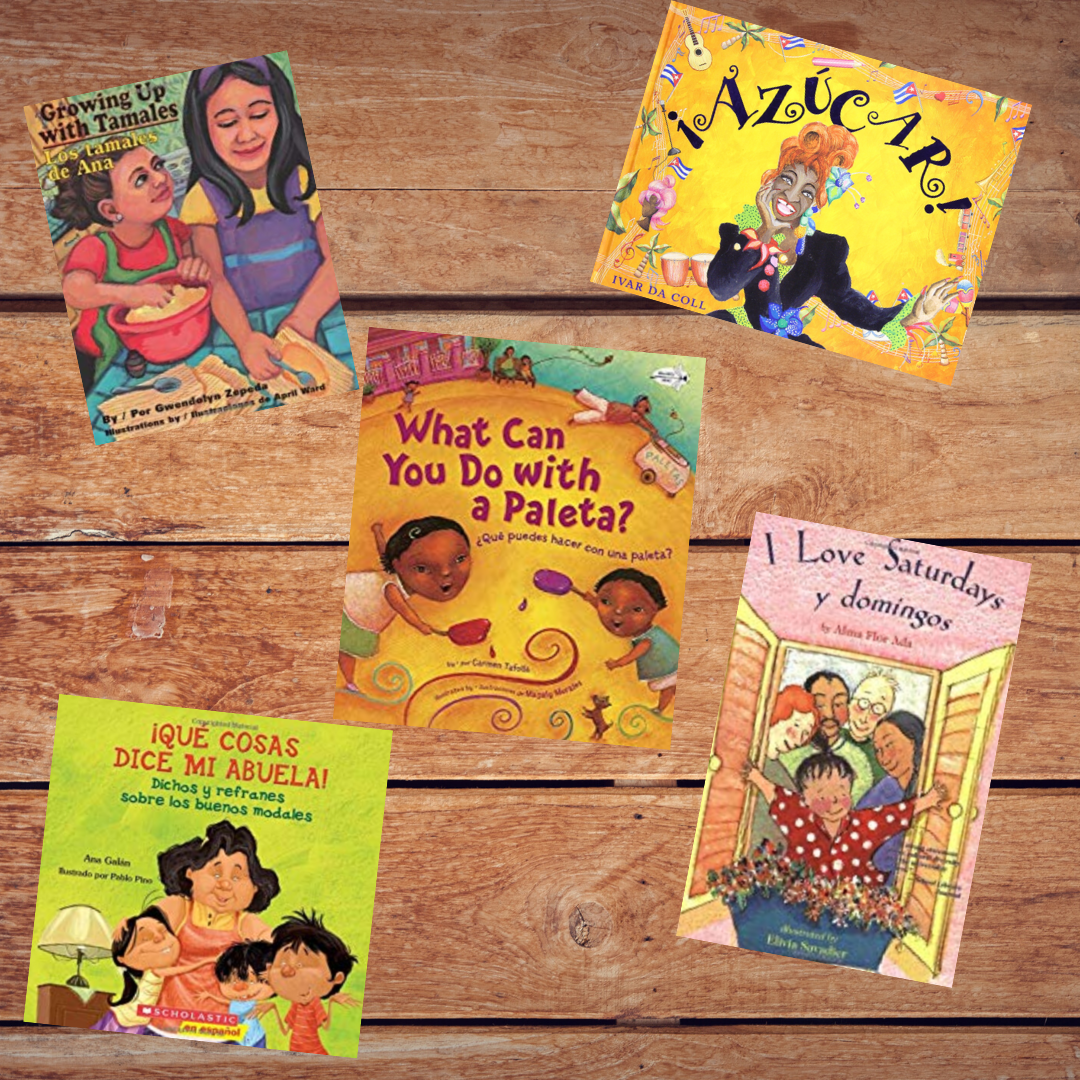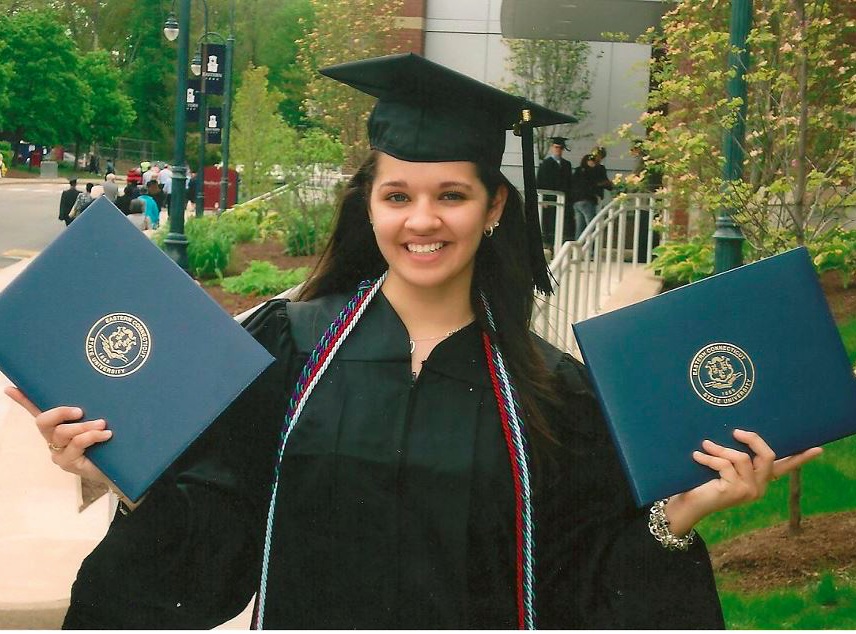In Ecuador, November 2 is a deeply significant day known as Día de los Difuntos (Day of the Deceased), when families honor their loved ones who have passed. This tradition blends indigenous beliefs with Catholic customs, creating a rich celebration of cultural heritage and remembrance.

RELATED POST: Flavors of the Day of the Dead in Ecuador
Ancient Roots and The Influence of Catholicism
The origins of Día de los Difuntos trace back to the Inca civilization, the largest empire in pre-Columbian South America. The Inca believed that life continued beyond death, and a person’s spiritual resting place depended on their adherence to the moral code: ama suwa, ama llulla, ama quella—”do not steal, do not lie, do not be lazy.”
Other South American Indigenous groups, such as the Quitus and Cañaris, originally held ceremonies to honor ancestors, believing that death was a transition to another realm. These beliefs merged with Catholic All Souls’ Day practices introduced by the Spanish, creating a unique celebration that honors the deceased through rituals, food, and family gatherings.
For the Indigenous people, death was not an end but a passage, prompting elaborate ceremonial burials where the deceased were prepared with food and essentials for the afterlife. Even today, in many indigenous communities across Ecuador, these ancient practices endure. Families gather at cemeteries, bringing food, drinks, and offerings to their loved ones’ graves, adorning them with vibrant flowers while sharing stories and memories.
A Time for Family, Reflection, and Traditional Foods
November 2 is part of a broader national holiday, with November 1 (All Saints’ Day) and November 3 (Independence of Cuenca) creating a long weekend. Families take this opportunity to travel, relax, and reconnect while enjoying traditional foods prepared exclusively for this occasion.
One of the most beloved traditions is the sharing of colada morada—a thick, sweet drink made from purple corn, fruits, and spices—and guaguas de pan, bread shaped like small figures, often resembling children. These foods symbolize life, death, and the continuity of family ties, bringing comfort and joy to those who partake in the celebration.

Key Differences with the Day of the Dead in Mexico
When I first learned about the Mexican Día de los Muertos (Day of the Dead), I was struck by the vibrant and joyful nature of their celebrations. I was introduced to the iconic elements: the ofrendas (altars), adorned with marigolds (cempasúchil), candles, photos, and personal mementos of the deceased. I saw how sugar skulls (calaveras), pan de muerto (a sweet bread), and colorful papel picado (cut-paper decorations) transformed homes and public spaces into lively tributes that honor the spirits returning to visit. The energy was festive yet deeply respectful, emphasizing life’s continuity and the enduring connection between the living and the dead.
This experience broadened my understanding of how different cultures honor their ancestors. It made me reflect on how distinct Ecuador’s Día de los Difuntos is in tone and practice. While both traditions share indigenous and Catholic roots, the Ecuadorian version is more solemn and centered on familial remembrance, particularly through food like colada morada and guaguas de pan. Unlike the festive, colorful parades of Mexico, Ecuadorians gather quietly in cemeteries, offering food and prayers as a sign of respect.
Experiencing both the Mexican Día de los Muertos and Ecuador’s Día de los Difuntos has deepened my appreciation for how culture shapes our relationship with death. In Mexico, I felt the joy of welcoming the spirits back through colorful, lively celebrations, while in Ecuador, I’ve witnessed how quiet reflection and familial connection define our traditions. Both approaches, though distinct, emphasize love, memory, and reverence.
This dual experience has made me more mindful of how we can embrace both celebration and solemnity in honoring those who have passed. It’s a reminder that no matter where we are, remembering our loved ones isn’t just about mourning their absence but celebrating their lasting presence in our lives.
A Personal Invitation to Remember
More than just a cultural tradition, Día de los Difuntos is a heartfelt invitation to reflect on the meaning of life and death. It’s a time to honor the memory of those who have passed while celebrating the enduring connections that transcend mortality.
In Ecuador, this day is more than a holiday—it’s a reminder that those we love are never truly gone, as long as we continue to remember them.
